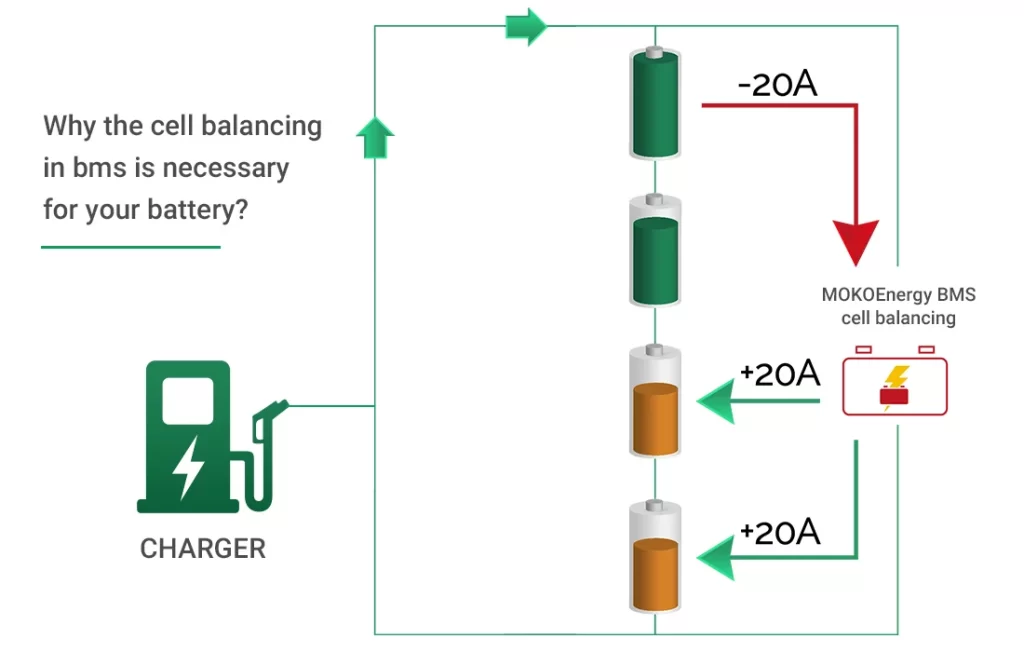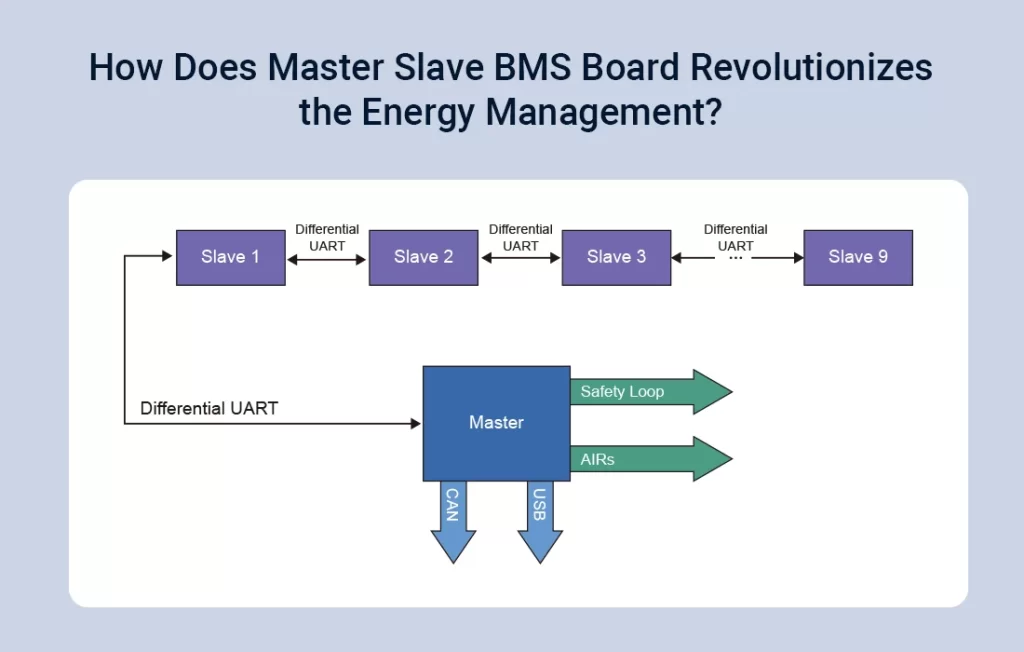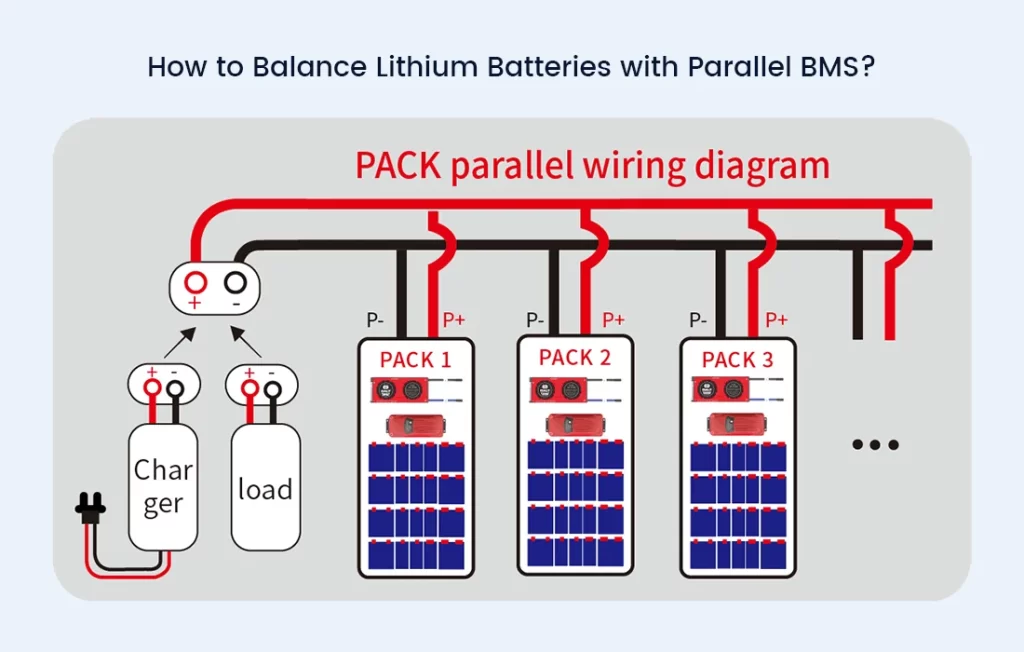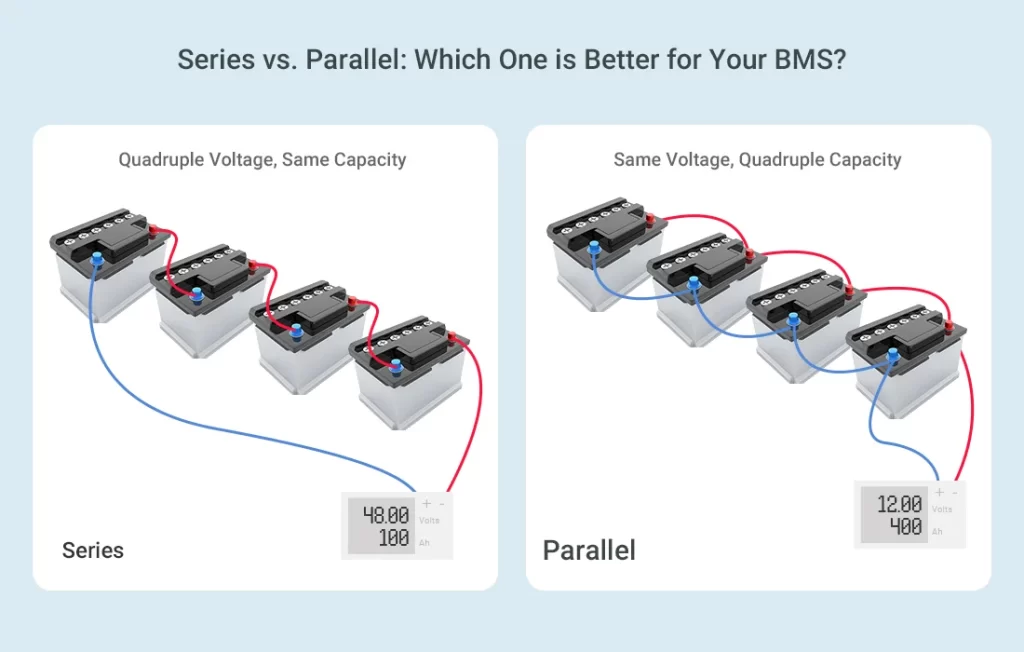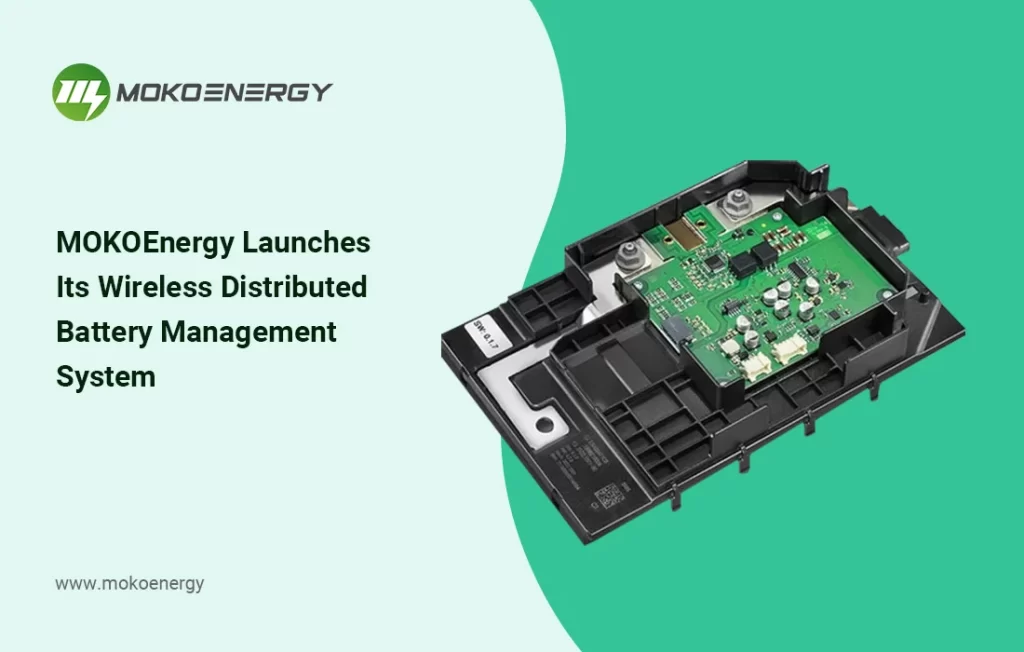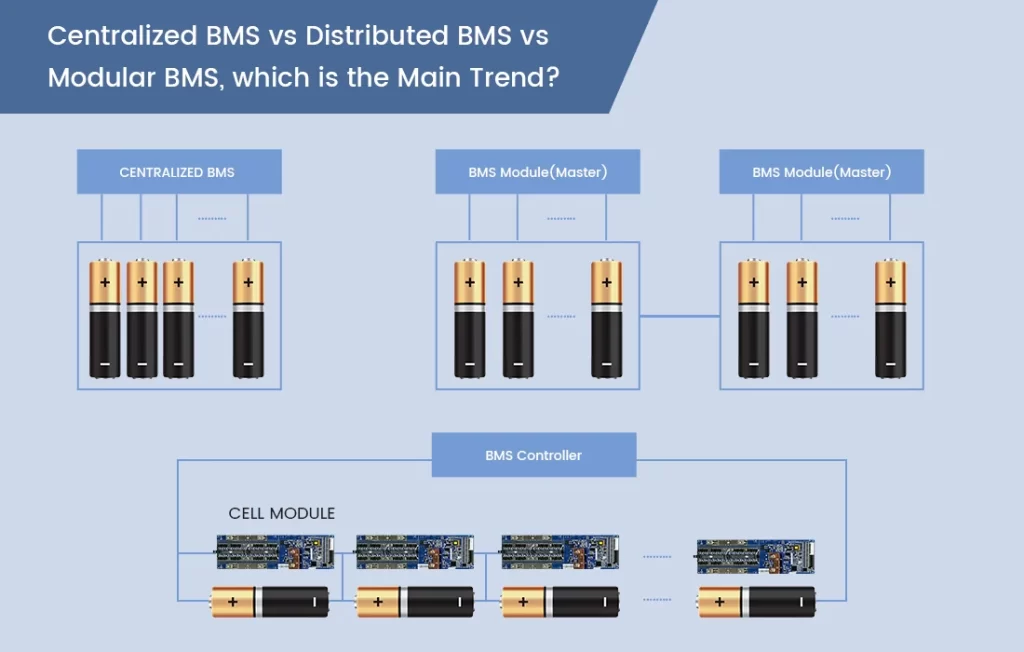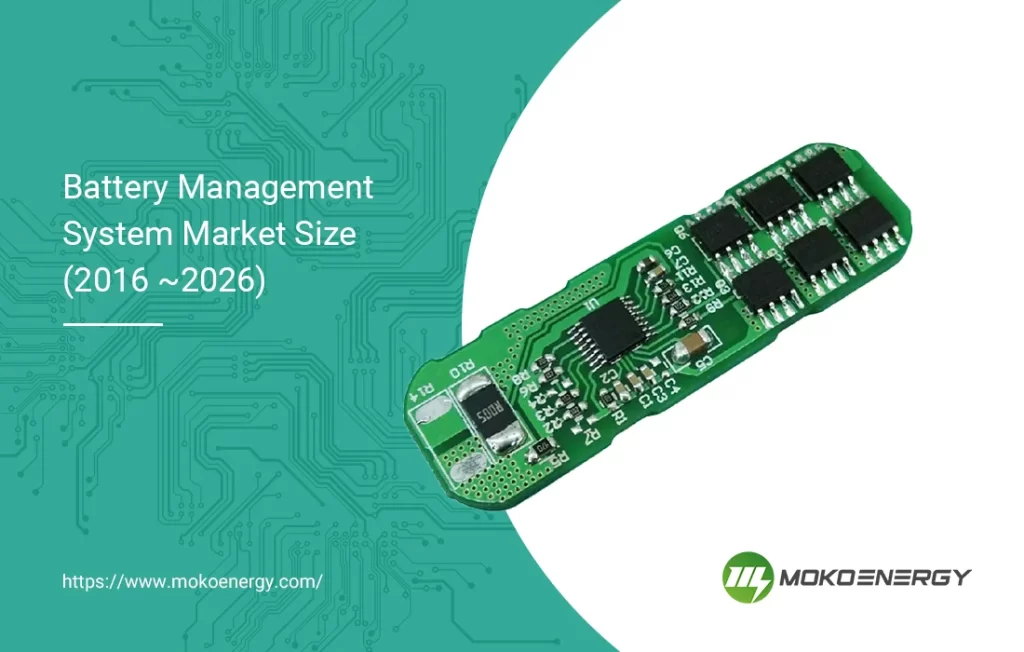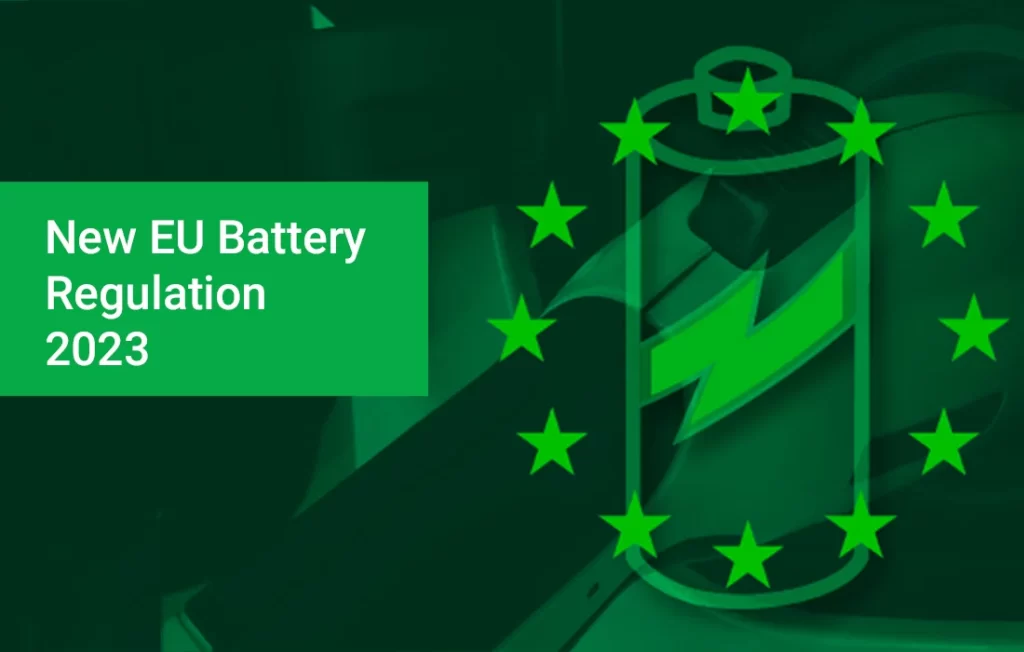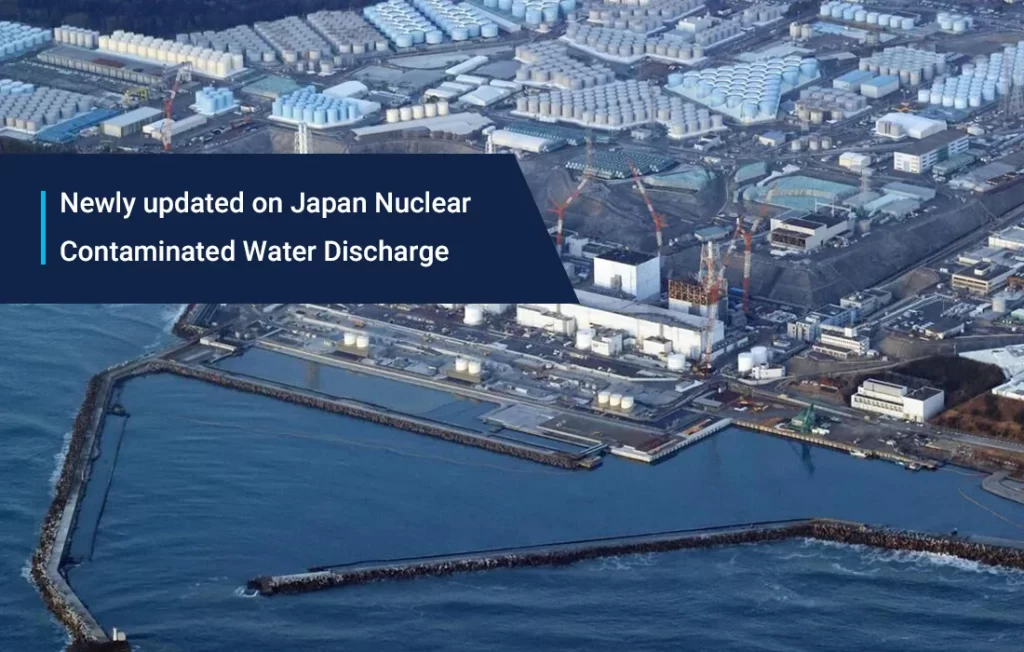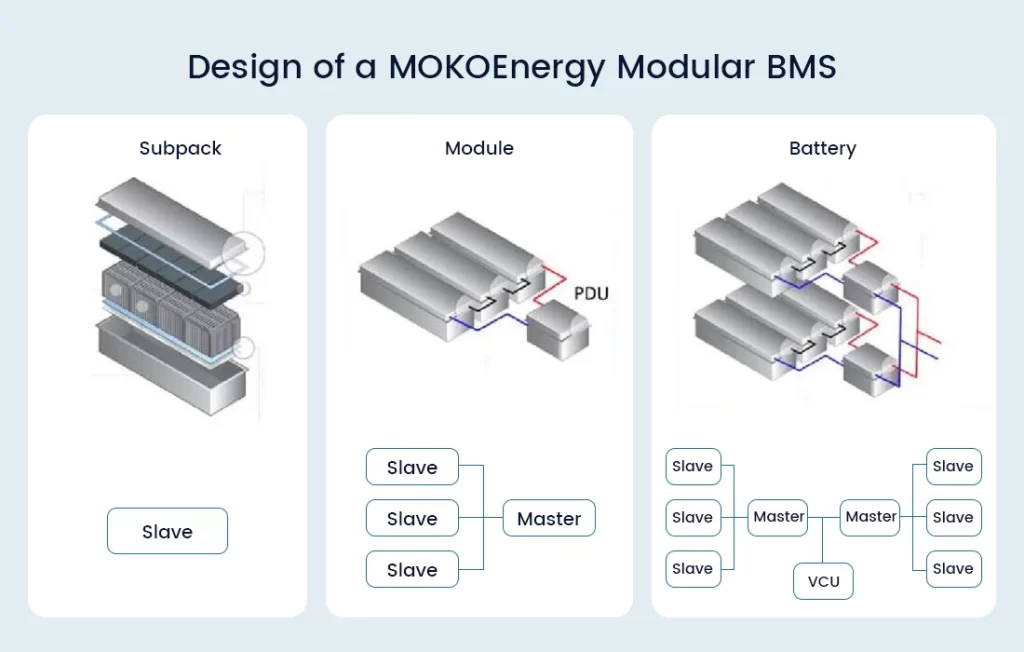Why the cell balancing in bms is necessary for your battery?
Cell balancing in BMS is essential for maximizing the potential of modern energy storage devices like batteries, enabling us to live life to the fullest by providing reliable power even during overwhelming and non-ending situations, such as a quarter meeting without a power supply. The remarkable science of Battery Management Systems (BMS) serves as the […]
Why the cell balancing in bms is necessary for your battery? Read More »

